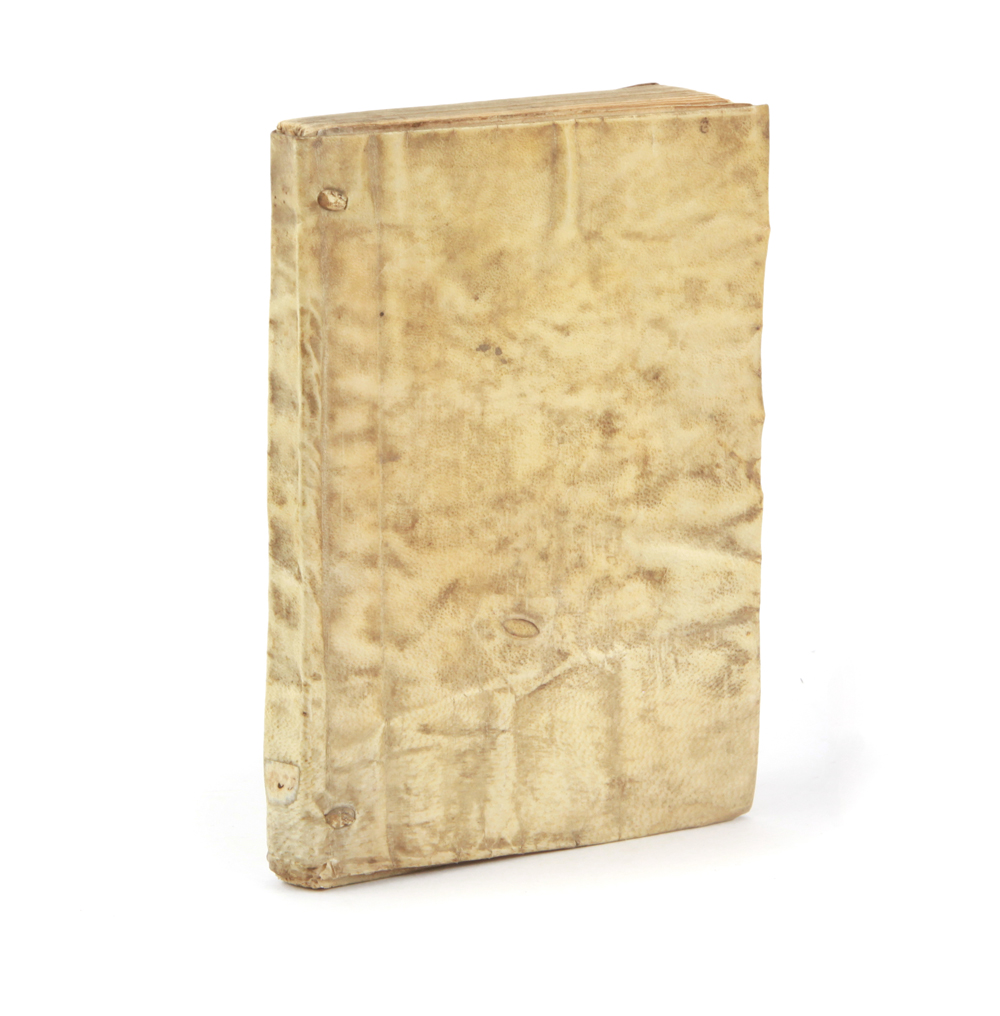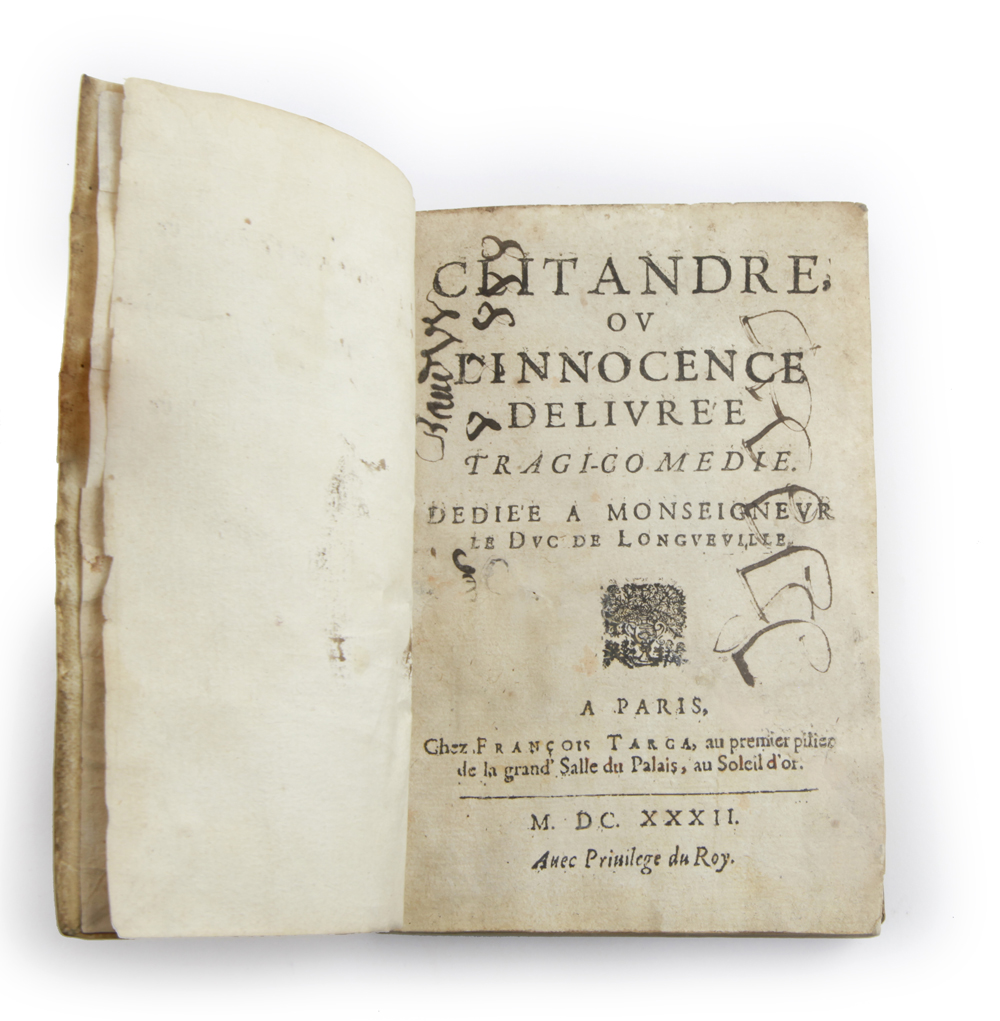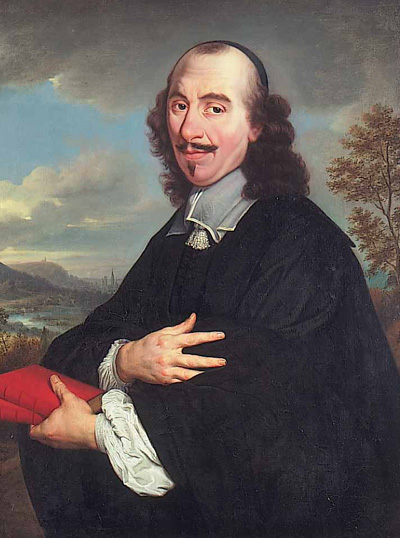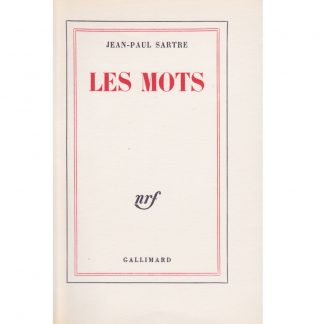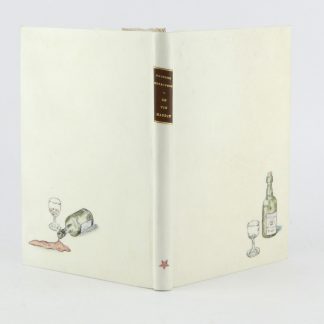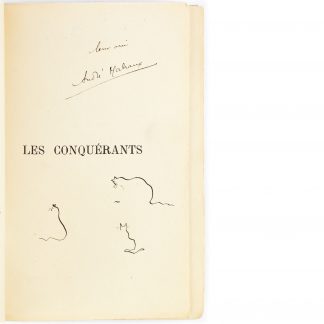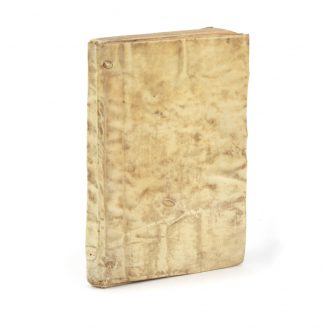Description
Clitander, or innocence delivered. Tragi-comedy. Dedicated to Monsignor the Duke of Longueville...
EXTREMELY RARE FIRST EDITION.
Pierre Corneille's very first printed work, completed on 20 March 1632, and whose privilege, given in Paris on 8 March 1632, was granted to François Targa for six years.
Cornelian Bibliography, or Reasoned Description of all Editions of Pierre Corneille's WorksÉmile Picot, number 2:
Cornelius appears here for the first time in front of the public. He had already had Mélite represented, which had earned him a certain reputation, but he preferred to first deliver to print his Clitandrefor which he seems to have had a particular affection. He had endeavoured to make it a more regular piece than his Méliteand whose plot, intrigue, all incidents and conclusion could fit into a twenty-four hour space. He also wanted to write it " in a higher style "which didn't stop him from getting one of those licenses that would hardly be in order on the latest comedy scene today. Calliste, Rosidor's fiancée, comes to find him in bed: " admittedlysaid Fontenelle, they're due to be married soon. »
Clitandre had to be played in 1631. By placing the performance in 1632, the Parfaict brothers [History of the François Theatre...we seem to have been careless about the privilege and the completion of printing. It is difficult to accept that if, for example, the exhibit had been given in January, the privilege, which certainly required a rather long process to obtain, could have been dated in the early days of March. Corneille, moreover, was not yet sufficiently well known for booksellers to be very diligent in printing it. What proves this is that Targa thought it necessary to enlarge the volume somewhat before launching it to the public, a circumstance which probably delayed the printing even further.
Indeed, the Meslanges are preceded by the following notice:
To the READER. Some of these pieces will also make you realize that I do not justify them all, and that I only give them to the Bookstore owner's intrusiveness in order to enlarge his Book. I do not believe this Tragi-Comedy so bad, that I am obliged to reward you with three or four good Sonnets..
Corneille modified Clitandre on numerous occasions, notably in 1660, on the occasion of various reeditions in order to adapt it to the genre of tragedy, more in line with the evolution of his century.
"It wasn't until the 20th century and an understanding of Baroque aesthetics that this amazing piece was fully appreciated." (Dictionary of Works). The play did not enter the repertoire of the Comédie Française until 1996.
Copy from Nordkirchen castle, famous collection of the Duke of Arenberg whose ex-libris, combining the arms of Plettenberg and Esterhazy-Galantha, dates back to the middle of the 19th century after the marriage of Maria von Plattenberg and Nikolaus-Maria Franz von Esterhazy - Galantha.
Charming copy in old vellum, perhaps placed in its binding in the 19th century.
Elegant box in half-maroquin and brown wood paper signed Goy et Vilaine.
Collation of the preliminary 1 f. title; 5 pp. for the dedication; 6 pp. for the Preface 9 pp. for The Argument1 f. for theExtract from Privilege and the Actors. Clitandre occupies the next 118 pp. and then comes the second title. The Poetic Meslanges continue the pagination and even the signatures of the piece. The white sheet between the two pieces was not kept by the binder.
Antique soft vellum may have been placed in its binding in the 19th century.
A missing part of the title has been perfectly redone, a few cleanly restored tears, clear and more pronounced marginal wetness at the end of the work, last guard glued to the silent back of the last sheet.

